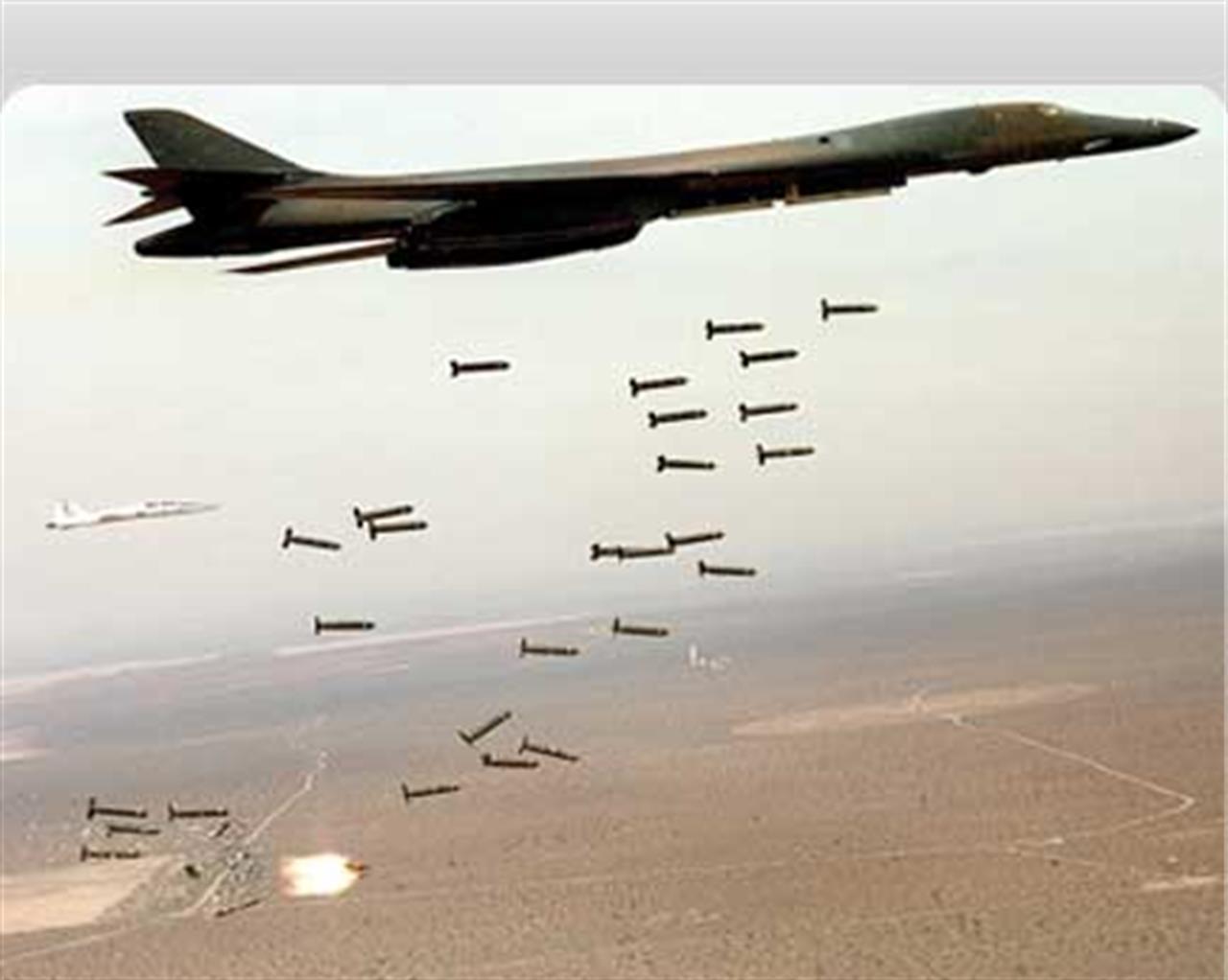Mondo
Oslo: the end of cluster bombs
The Convention on Cluster Munitions will be signed in Oslo on December 3, anniversary of the 1997 Mine Ban Treaty. The signing follows 18 months of intense negotiations known as the “Oslo Process” and marks the start of the treaty’s implementation
di Staff

The Cluster Munition Coalition (CMC), a network of over 300 non government organisations from 80 countries will participate in the conference undertaking a range of public actions, high impact photo and filming opportunities and public talks.
Beginning in Serbia and ending at the signing ceremony in Norway, the Ban Bus has been rallying public support for the treaty for the last eight months all around Europe and it has turned the eyes of the world on governments who are resisting putting pen to paper and curbing ending the suffering of millions. Using sound, film and photo recording equipment, the Ban Bus has been recording its journey, collecting stories and generating a media storm in a bid to get every government to do the right thing and sign the treaty.
Cluster bombs or munitions are large weapons which are deployed from the air and from the ground and release up to hundreds of smaller submunitions. Submunitions released by airdropped cluster bombs are often called “bomblets,” while those delivered from the ground by artillery or rockets are usually referred to as “grenades”.
A ban on cluster munitions is necessary simply because cluster munitions kill and injure too many civilians. The weapon caused more civilian casualties in Iraq in 2003 and Kosovo in 1999 than any other weapon system. Cluster munitions stand out as the weapon that poses the gravest dangers to civilians since antipersonnel mines, which were banned in 1997. Yet there is currently no provision in international law to specifically address problems caused by cluster munitions. Israel’s massive use of the weapon in Lebanon in August 2006 resulted in more than 200 civilian casualties in the year following the ceasefire and served as the catalyst that propelled governments to ban the weapon in 2008.
Find out more: www.thebanbus.org
Cosa fa VITA?
Da 30 anni VITA è la testata di riferimento dell’innovazione sociale, dell’attivismo civico e del Terzo settore. Siamo un’impresa sociale senza scopo di lucro: raccontiamo storie, promuoviamo campagne, interpelliamo le imprese, la politica e le istituzioni per promuovere i valori dell’interesse generale e del bene comune. Se riusciamo a farlo è grazie a chi decide di sostenerci.
